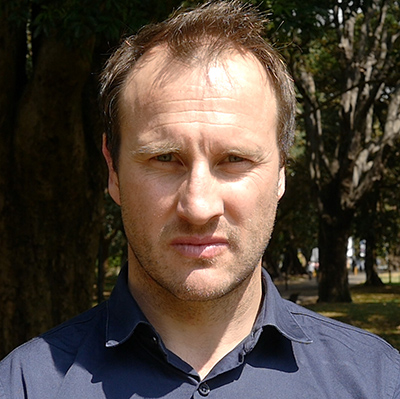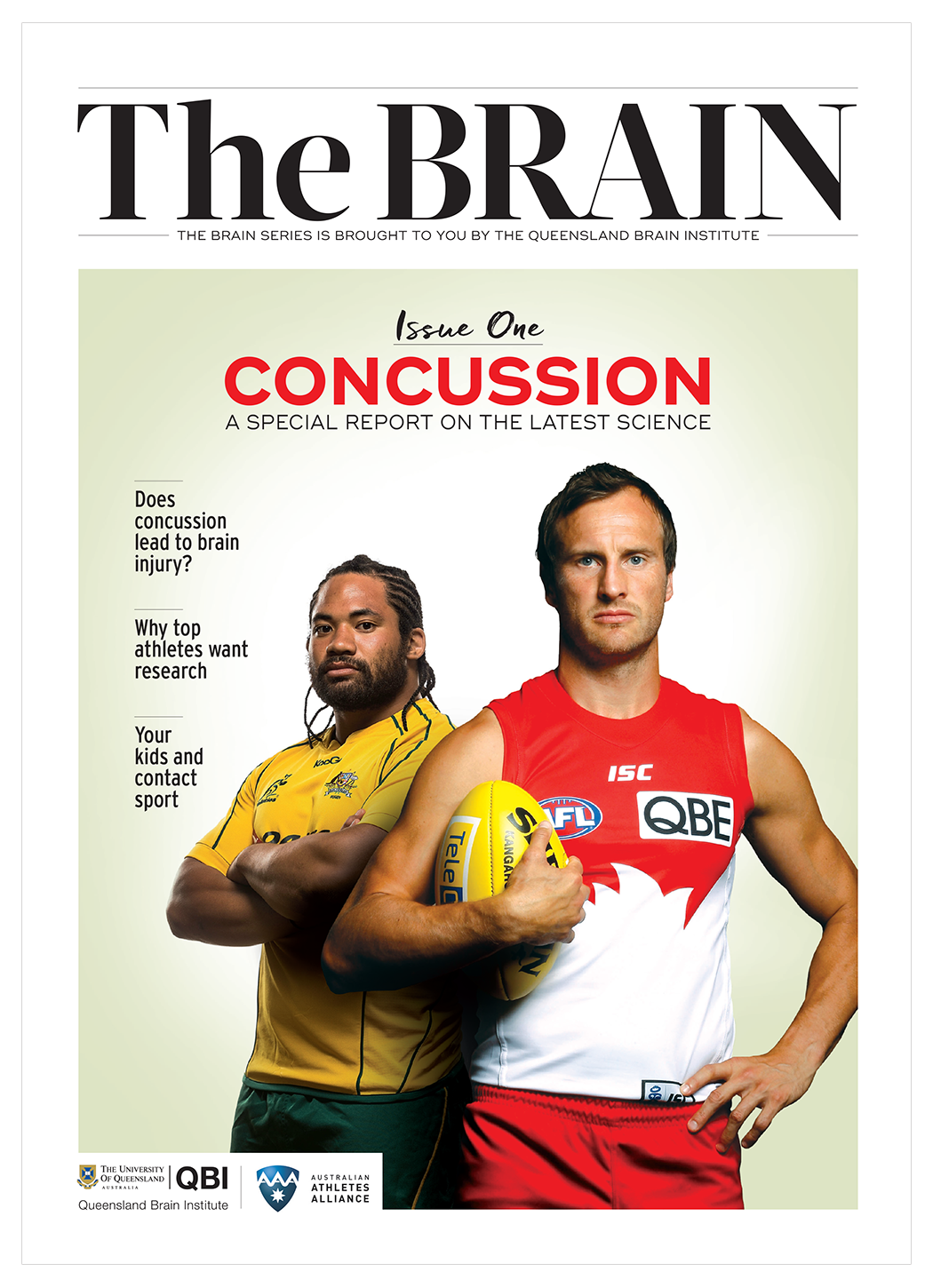Jude Bolton

During a career spanning 15 years, including more than a decade playing with the Sydney Swans, retired Australian Football League (AFL) star Jude Bolton experienced around six concussions.
One of those was in the late stages of the 2012 Grand Final. He knocked his head on the ground during a tackle and quickly found himself confused and groggy, thinking it was still the third quarter. With such big stakes, he ran to the boundary for some quiet recovery time rather than alerting the coaching or medical staff. After the match, he couldn't recall if he finished on the bench or the field, but does remember the celebrations of the win.
"Yeah it’s counter-intuitive; you want to be out there," he says. "You’re taught as a young kid to put on these layers of armour to get out there and into the fray. I remember my grandfather always saying, ‘It's better to wake up in an ambulance than to duck out of a contest.'
But concern about the long-term consequences has since made him an advocate for player welfare. “It was actually my same grandfather who then said to me after I sustained two concussions in one game – and played the following week – ‘You don't want to be a dribbling mess when you're an old man’,” Bolton explains. “His words hit me between the eyes. A brain injury is not like any other injury. Each head knock is different and sometimes the innocuous ones can be the worst.
“I look back now and I feel I was pretty foolish to get back out on the field. I know that having sustained multiple concussions puts me in a high-risk category. I would hate to think that the way I played may contribute towards potentially having something like dementia, CTE or depression later in my life.”
Bolton emphasises, however, that he doesn’t want the sport to change. “AFL is a tough and sometimes brutal sport that I love,” he says. “I never want to see the physicality taken from the game, nor do I ever want families to not allow their kids to play sport. There are so many health issues that kids and adults have just through not being as active as they should.”
Bolton says better protocols and increased awareness are important steps forward and senior players sitting out of the game for a week, or not returning to the game after a concussion, are important examples for young players to look up to.
"When I came through, the attitudes - it was almost a bit of a joke. We used to call guys 'candles' if you got knocked out one time and you wouldn’t worry about the assessment and you'd be ready to go the next week," he says. "But there’s been a really strong move from the governing body to make sure this is treated correctly. Now, when young players come into the AFL, they go through education and training, but also the induction programs drill into them to take concussion extremely seriously."
He believes science is the key to improving player safety: “I would love to see the research to be at a point where we have absolute certainty on the protocols and that kids, families and all sporting clubs know what to do if a concussion is sustained, and have an ability to limit any long-term effects.
"In the end it is just a game. You only get one brain."

